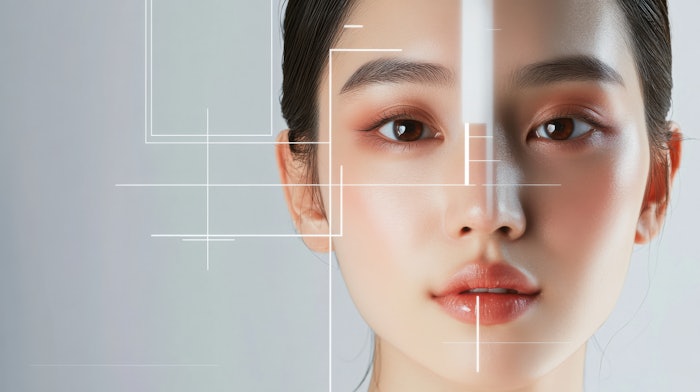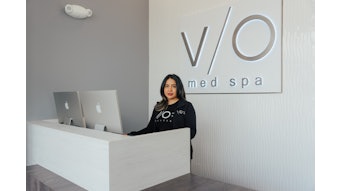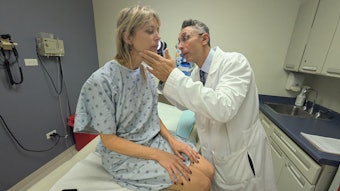
AI-powered experience innovator, Revieve, has partnered with Paula’s Choice Taiwan to bring personalized skin and consumer experiences to the latter’s website, reporting great success. In implementing the Skin Analyzer tool, Paula’s Choice Taiwan reported high engagement, high conversion rates and increased consumer insight, reinforcing the brand’s status as a leading skin care authority in Asia.
East Asia currently leads the region in the adoption of skin analysis tools that Revieve specializes in, with Southeast Asia emerging strongly as well, due to its rapid urbanization and growing middle class. In the current beauty landscape, Korea has been setting the standard for the latest technology in skin care for the region, and with the growing global popularity of Korean media, it has accelerated the spread of trends and beauty standards exhibited by Korean celebrities, and the means of achieving these looks by proxy.
For Paula’s Choice Taiwan, the Time is Now
This partnership was formed at a pivotal time for Paula’s Choice Taiwan, who took action after noticing the surge in ingredient-conscious, digitally connected consumers and decided to leverage this market trend to reinforce its position.
The performance of this skin analysis tool not only exceeded benchmarks, but is now built into the brand’s ongoing strategy to lead with evidence-based skin care.
“We’re not just using technology to drive conversions,” says Ivy Yeh, DTC & CRM manager for Paula’s Choice Taiwan. “We’re using it to build long-term relationships grounded in trust, education and personalized care. With Revieve, we’ve created a digital experience that reflects who we are as a brand: science-first, customer-focused and always ahead of the curve.”
AI Skin Analysis Tools are Sticking Around
Currently, AI algorithms are capable of assessing more than 150 biomarkers faster and more accurately than the human eye can, all from analyzing millions of images. The demand for personalized skin care is only going to get stronger as the market pushes for higher-performance, stronger value-alignment and simpler routines—and AI skin analysis tools will play a critical role in delivering these results within the dwindling accepted margin for error.









